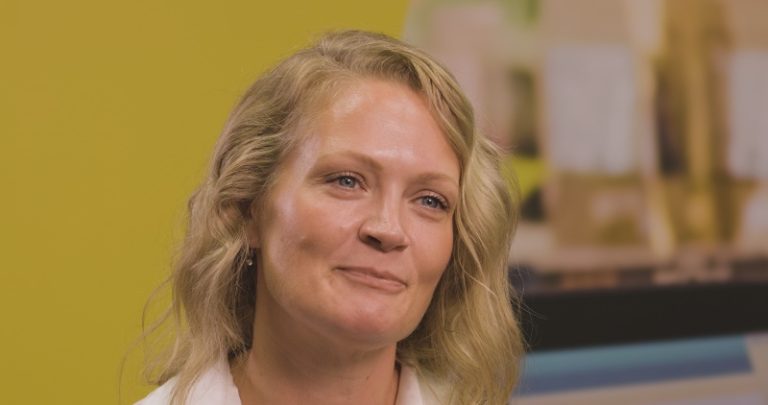How to have a successful job search
How to have a successful job search

Finding and applying for jobs often feels like a job in itself. Check out our top tips to make your job hunt easier and increase your chances of success.
1. List your skills
Create a master list of your experience and skills and include practical examples. Jot down any examples from across your life, not just work and school – employers don’t expect every situation you give to be work-related. Now use your list to help you craft tailored CVs, answer sections on application forms or prepare for interviews. Keep adding to it as you go!
2. Identify small wins
Breaking down your job search into smaller steps will make it seem more manageable. Alongside looking and applying for jobs, try setting weekly or monthly goals to give you a sense of progress and make you a better candidate. Here are a few ideas to get you thinking but pick things which are relevant for you:
- Take a short online course or volunteer to fill any gaps
- Find a way to showcase your skills, such as through a blog or social media account
- Follow how a sector you’d like to work in appears in the news
- Swot up on job application and interview tips – listen to a podcast or do an online search
3. Be open to opportunities
Most people don’t walk straight into their dream job – it takes a while to get there – so look for stepping stone roles which can help set you on your chosen path. Starting in a junior administrative or temping role for example, can provide valuable work experience, develop your skills, and lead to more exciting things.
Be flexible about the type and locations of roles you apply for and don’t wait for the perfect job to appear – experience is rarely wasted!
4. Tailor your applications
Avoid a copy and paste approach to job applications – think quality, not quantity. Far better to send off five individual and considered applications than to blitz every advertised vacancy with the same form.
Help your application stand out by demonstrating you understand the company or organisation, what the role involves, and how your skills and experience match the job requirements. And be positive – showing you are willing to learn and enthusiastic is sometimes more important than experience.
5. Expect rejection
Rather than taking each rejection as a personal blow, try seeing it as part of the process and something that happens to everyone. And remember, applying for jobs and going for interviews is something that improves with practice.
See How to get back on your feet for ideas on staying positive.
6. Use your support network
Most employers don’t provide feedback at the application form stage so if your applications aren’t getting you anywhere it can be hard to know why. Even when you get an interview, it can be difficult to get any meaningful feedback (although always worth asking)!
Is there anyone you could ask for general feedback on your CV or who could share any tips about what’s worked for them? A second pair of eyes often makes all the difference and may spot things you haven’t noticed.
Other people can also help with interview prep. Get a friend – or even better, someone with interview experience – to ask you some questions and practise answering out loud.
7. Pace yourself and persevere
Don’t give up! Keeping your job search active is key to success. Finally, allow time for other activities – you may find it helpful to fix a certain amount of time each day or week to focus on your search. Getting a job can be a lengthy process so it’s important not to burn out.





